Therapy for Highly Dependent Adult Children in Ventura
Highly Dependent Adult Children-also referred to as “Failure to Launch” or FTL-are adults of any age who have not yet achieved independence or interdependence, and still rely on significant parental support. Highly Dependent Adult Children are unemployed and not meaningfully engaged in an educational or vocational training program. They live at home or rely on their parents to pay for their housing. Their parents finance their entire lifestyle, including food, phone, internet access, shelter, and entertainment. Highly Dependent Adult Children’s lack of “launching” is not due to severe mental illness, physical disability, or caregiver responsibilities.
What are the defining features of Highly Dependent Adult Children?
Highly Dependent Adult Children is not an official diagnosis in the Diagnostic and Statistical Manual of Mental Disorders (DSM V-TR), however, the condition is known by sufferers, their parents, clinicians, and researchers.
Failure to Launch is a combination of behaviors not due to severe mental illness, disability, raising children, or caring for elderly or sick family members.
Adults over the age of 18
Not in educational, employment, and training (NEET)
If enrolled in college or vocational program, not participating in a significant way
Living at home or housing paid for by parents
What are other symptoms of Highly Dependent Adult Children?
Disrupted sleep
Social isolation
Excessive media consumption (eg. video games, online communities, adult content)
Rely on parents for basic needs and responsibilities
Mental health problems—often anxiety disorders, OCD, ADHD, depression
Physical health problems—sedentary lifestyle, lack of sun
Can be present in adults of any age
Condition is chronic without intervention
How does treatment work?
I offer parent-based treatment using the SPACE FTL modality (Supportive Parenting for Anxious Childhood Emotions- Failure to Launch). This means I work directly with parents on modifying their own behavior to influence positive change in their adult child’s behavior with the goal of promoting independence. Parents will be guided as they create a non-punitive action plan of gradually and supportively reducing accommodations of their adult child’s lifestyle.
Parents will learn to supportively set and maintain limits, with the goal of the highly dependent adult child taking meaningful steps towards independence, such as securing employment, enrolling in college, or taking more responsibility for their day-to-day tasks. Treatment for Highly Dependent Adult Children with SPACE FTL is not threatening or coercive, rather it is a compassionate and structured therapy to build agency and confidence within the adult child and family system.
Get Professional Help for Highly Dependent Adult Children
Parents of Highly Dependent Adult Children are often stressed and overwhelmed. They commonly withdraw socially due to feelings of shame or depression. Therapy can help parents take their lives back by building confidence to gradually reduce accommodations of their adult child.
Whether through in person sessions in Ventura or online therapy via secure Zoom across California, help is available to navigate the challenges associated with parenting Highly Dependent Adult Children.
Start a New Chapter With Parent-Based Therapy
If parenting stressors have decreased your quality of life, it may be time for specialized help. I have advanced training and experience helping parents of children of all ages. I provided a safe therapeutic environment where you are supported in your personal growth as a parent of a Highly Dependent Adult Child. It’s possible to help your child launch and start living your life again. Contact to learn more about parent-based therapy for Highly Dependent Adult Children.
FAQs
How do families get Highly Dependent Adult children to spend less time online?
Parents can compassionately promote balance with technology in their own homes. With the help of therapy, parents can support their adult child’s healthier online habits a number of ways. For example, if parents pay for internet service they can implement expectations of use while reducing access in their home. To promote responsibility, internet access can be increased for the adult child if they help pay for the service with employment.
Parents who receive therapy for Failure to Launch will be guided step-by-step to help their child break free from excessive internet use (as long as the child is in their home) that may be getting in the way of their ability to secure employment, take care of their physical or mental health, and establish positive social relationships.
At what age would a child be considered to be highly dependent?
Assuming all other criteria is met for the condition, 18 years old is the minimum age.
What are some tips for supporting a Highly Dependent Adult Child manage their own responsibilities?
Parents can promote increased responsibility in their adult child by gradually and lovingly changing their own behavior. When parents treat their adult child as capable and gradually stop doing tasks for the child that they don’t want to do, with patience and guidance, the adult child may begin to develop the necessary skills and discipline to manage their own responsibilities.
Parents who seek therapy for Failure to Launch will be given many concrete tips—aligned with their personal values and goals—to strategically promote increased responsibility in their adult child, while attuning to emotional and relationship dynamics. Parent-based therapy will assist with troubleshooting the adult child’s response to parents’ new approach.

